Mitch Marcus
A Grounded Approach to Modeling Generic Knowledge Acquisition
May 07, 2021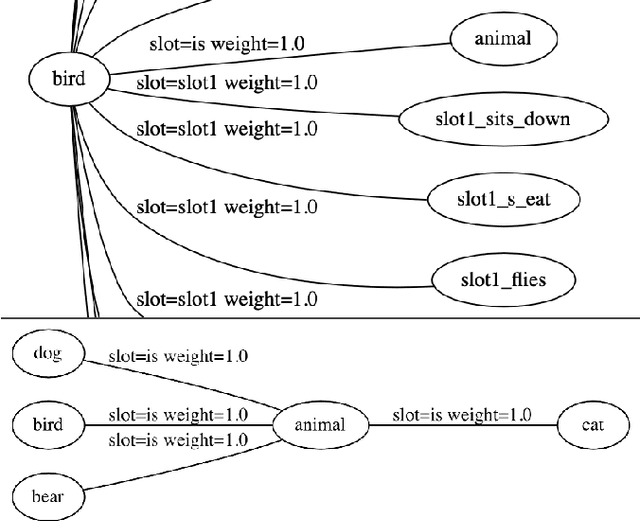
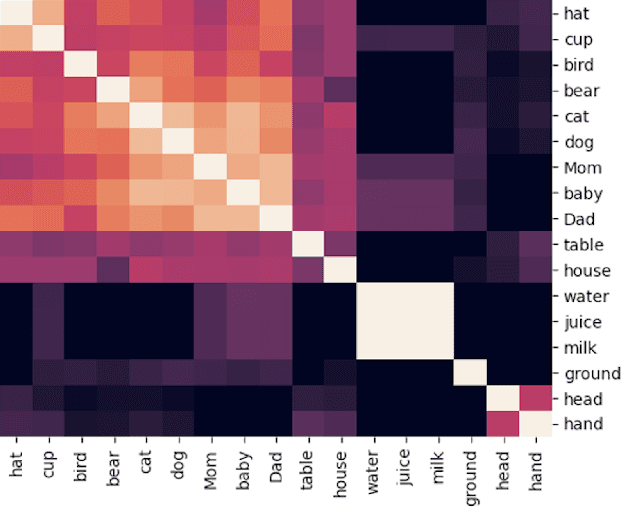

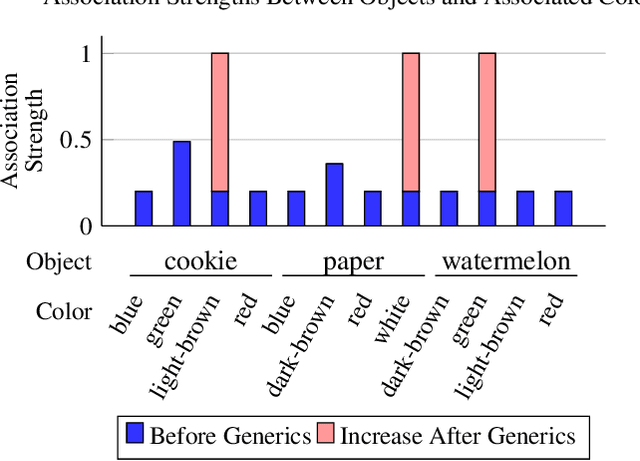
Abstract:We introduce and implement a cognitively plausible model for learning from generic language, statements that express generalizations about members of a category and are an important aspect of concept development in language acquisition (Carlson & Pelletier, 1995; Gelman, 2009). We extend a computational framework designed to model grounded language acquisition by introducing the concept network. This new layer of abstraction enables the system to encode knowledge learned from generic statements and represent the associations between concepts learned by the system. Through three tasks that utilize the concept network, we demonstrate that our extensions to ADAM can acquire generic information and provide an example of how ADAM can be used to model language acquisition.
ADAM: A Sandbox for Implementing Language Learning
May 05, 2021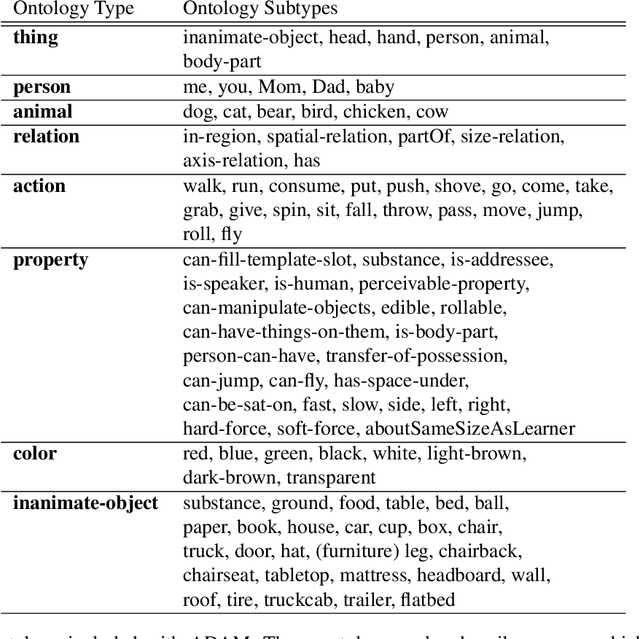

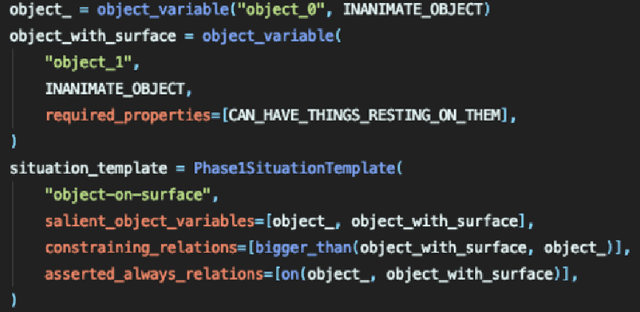
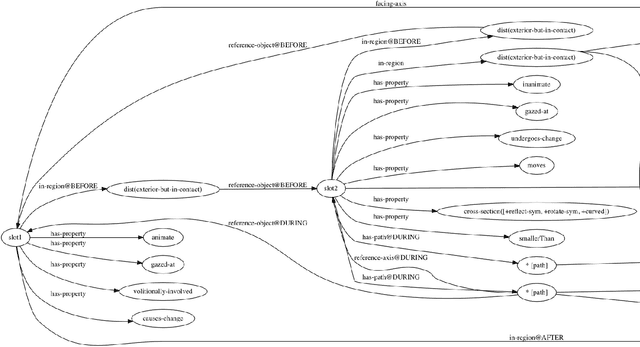
Abstract:We present ADAM, a software system for designing and running child language learning experiments in Python. The system uses a virtual world to simulate a grounded language acquisition process in which the language learner utilizes cognitively plausible learning algorithms to form perceptual and linguistic representations of the observed world. The modular nature of ADAM makes it easy to design and test different language learning curricula as well as learning algorithms. In this report, we describe the architecture of the ADAM system in detail, and illustrate its components with examples. We provide our code.
 Add to Chrome
Add to Chrome Add to Firefox
Add to Firefox Add to Edge
Add to Edge